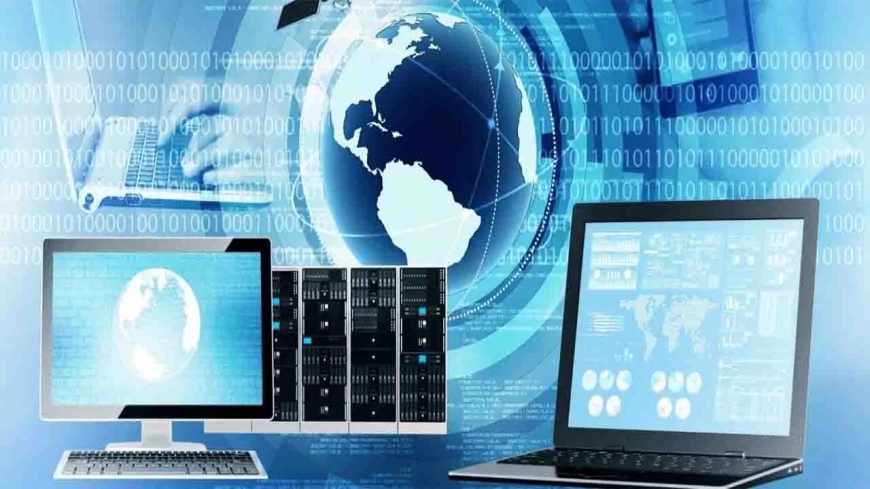The Future of Desktop PCs and Cloud Computing
The evolution of computing has always been marked by significant shifts, from the early days of localized computational power to the modern era of cloud computing. In gaming, a potential paradigm shift looms on the horizon, one that may see gaming PCs move from under our desks to server racks far away. This article explores the implications of such a change, especially for enthusiasts of building desktop PCs, and examines the realism of this potential shift in the context of current technological limitations and preferences.

Historical Context: The Journey from Local to Remote Computing
The Traditional Model of Computing
Traditionally, computational power has been located physically close to the user. This setup, where the CPU is next to the person using it, has been the standard for most of computing history. However, with advancements in technology, this model is no longer the only option.
Also check Lenovo T1s Pro Robotic Vacuum Cleaner: Review
The Emergence of Cloud Computing
The concept of cloud computing, colloquially referred to as 'another computer way over there,' represents a significant shift. It introduces the idea of accessing computational power remotely, often stored and processed in distant data centers.
The Future of Gaming: From Local PCs to Server Racks
Potential Paradigm Shift in Gaming
The gaming world is at the cusp of a possible paradigm shift, where gaming setups could transition from personal gaming PCs under the desk to remote servers. This change could fundamentally alter how gamers interact with and experience their games.
The Role of Distributed Computing in Gaming
Distributed computing involves partitioning, allocating, and executing large tasks (like games) across multiple computers. This approach relies heavily on communication and is highly dependent on internet connections, which poses significant challenges and limitations.
The Impact of Internet Connectivity on Cloud-Based Gaming
Challenges of Reliability and Performance
One major hurdle in the transition to cloud-based gaming is the reliance on stable internet connectivity. The frustration of game sessions being interrupted due to connectivity issues is a known problem, and this could be exacerbated if entire gaming setups depend on continuous web access.
Personal Experience with Streaming Services
Despite the challenges, streaming games from services like GeForce Now to devices like the Steam Deck shows that there is a market for cloud-based gaming solutions. However, the experience can vary widely based on internet reliability and speed.
The Future of Desktop PC Building
Personal Preferences and Consumer Choice
The prospect of moving gaming PCs to the cloud is met with resistance from many, including those who enjoy the process of building and customizing their own desktop PCs. The freedom and consumer choice that come with building one’s own PC are highly valued in the gaming community.
Realism of the Shift to Cloud Gaming
While the shift to cloud-based gaming is a possibility, its realism is questionable, given current technological limitations and the strong preference for local gaming setups among many users. The balance between cloud gaming's potential benefits and the value of traditional PC building will likely shape the future direction of the gaming industry.
Conclusion: Balancing Tradition and Innovation in Gaming
The potential shift from traditional desktop PCs to cloud-based gaming represents a significant change in the gaming landscape. While cloud computing offers new possibilities, it also comes with challenges, particularly concerning internet connectivity and the loss of consumer control over their gaming setups. The future of gaming will likely be a balance between preserving the tradition of PC building and embracing the innovations brought about by cloud computing. For now, desktop PCs, much like the muscle cars of the '50s, are here to stay, cherished for the personalization and control they offer to enthusiasts and gamers alike.


































